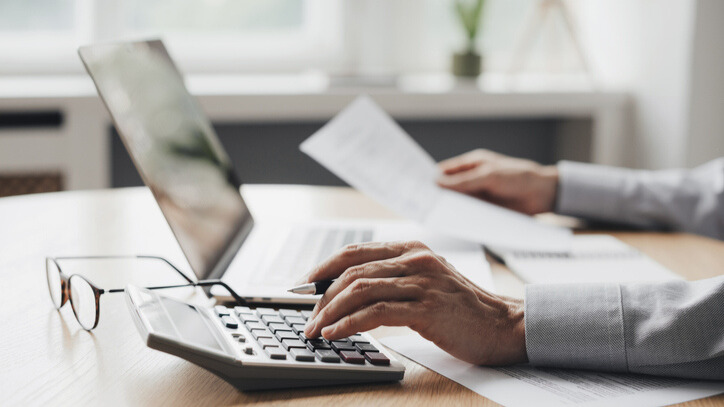The Government should convert the projected £35bn of bad debt from small business owners who have taken out Covid loans into tax owing.
Converting the bad debt into tax that could be repaid over years to HMRC would free up cash better spent on investment and saving 3m jobs.
So say over 250 financial experts led by Aviva chairman Sir Adrian Montague in the long-awaited report from TheCityUK.
TheCityUK Recapitalisation Group calls for the Government to back a “UK Recovery Corporation”, which would manage £35bn of unsustainable debt already Government guaranteed.
>See also: Government should triple equity to invest in businesses to £30bn
Over time, private investors could invest in the UK Recovery Corporation, encouraging the public to back SMEs in Britain, something chancellor Rishi Sunak is keen on.
Depending on how much money they owe, small businesses could either go into a “Business Repayment Plan” to convert unmanageable loans into means-test tax liabilities, or, for larger debts, use “Business Recovery Capital” to convert COVID-19 crisis loans into preference shares or long-term subordinated debt.
Both solutions mean small businesses will not have to give up any equity in their businesses.
>See also: Bim Afolami calls for £15bn Recovery Fund for scale-ups
Business Repayment Plan
Small businesses that have taken out COVID-19 debt through the Bounce Back Loan Scheme (BBLS) or Coronavirus Business Interruption Loan Scheme (CBILS) would repay their outstanding loans through the tax system. This would be means-tested, ensuring businesses only pay what they can afford, which could be calculated based on taxable profits.
Business Recovery Capital
Larger businesses that have taken out loans of between £250,000 up to £1m would be able to convert their Government-guaranteed loan into subordinated debt (an unsecured loan that ranks below others) or preferred shares (which provide fixed dividends ahead of ordinary shareholders).
Business Capital Growth Shares
TheCityUK report also scopes out Business Capital Growth Shares to be held by a new or adapted growth capital fund. This would be for viable small businesses that have either not taken out COVID-19 debt or are able to repay their debt but nonetheless need capital to grow.
Over 200 financial experts from across 50 financial and professional services firms, led by EY, have contributed to the report, which was compiled in consultation with the Treasury, the Banks of England and the Financial Conduct Authority.
Sir Adrian Montague said: “Covid-19 is a 100-year storm which has caused untold economic damage. The Government’s support schemes have been the essential sandbags holding back the flood, protecting businesses and saving jobs. However, with tough trading conditions forecast to remain, paying back these loans will be challenging for many SMEs. To secure a strong recovery, action must be taken now to help them sustainably retrench, rebuild and return to growth.
“Failure to act decisively now will condemn many SMEs and communities across the nation to default and decline.”
Further reading
BGF pitches £15bn growth fund for struggling businesses post-coronavirus






